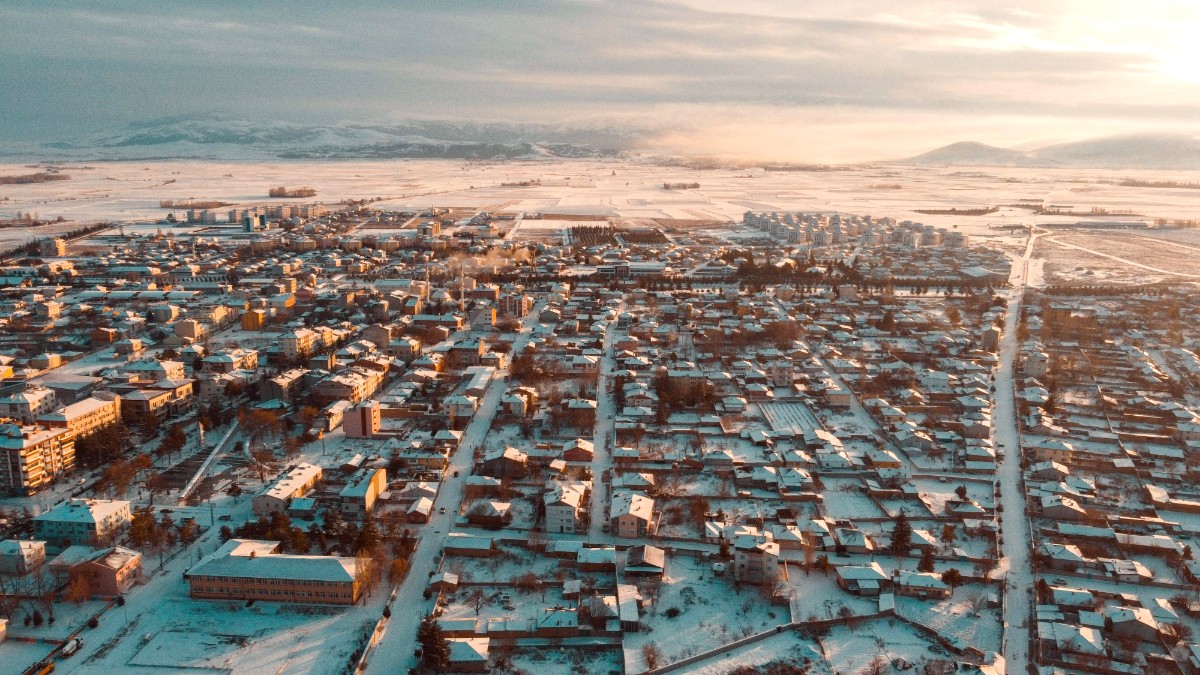
Mauritania
Most foreign nationals need a visa for Mauritania. Visa on Arrival (VOA) is an option at Nouakchott–Oumtounsy International Airport (NKC) for many. Pre-arranged visas from embassies abroad are also possible and recommended for some nationalities.
For VOA, expect to pay approximately €120 in cash. Be prepared with your passport (6+ months validity), two passport-sized photos, and a flight itinerary. Immigration includes passport checks, fingerprinting, and photo capture.
A Yellow Fever vaccination certificate is mandatory for travelers aged 9 months or older coming from or through Yellow Fever risk countries. Have this certificate ready on arrival.
Other vaccinations are not mandatory for entry, but several are strongly advised for your well-being. Consult a travel health professional.
High heat from April to October. Heatstroke and dehydration pose health risks.
Stay hydrated. Avoid midday strenuous activity. Wear light, loose clothing. Seek shade. Consider a Hydration pack.
Heatstroke, dehydration.
Dry, dusty winds from the Sahara, cooler months.
Wear a Scarf or mask for face protection. Affects air quality.
Reduced visibility, respiratory discomfort.
Traveler's diarrhea, typhoid, hepatitis A.
Drink only sealed Bottled water. Eat thoroughly cooked food. Wash hands or use Hand sanitizer.
Illness from contaminated food/water.
The Mauritanian Ouguiya (MRO) is the official currency. In 2018, it redenominated (1 new MRO = 10 old MRU). Exchange major currencies (USD, EUR) at banks and official exchange offices. ATMs exist but reliability varies. Cash is main for most transactions; credit cards are limited.
Tipping is not standard like in Western countries, but it is always welcomed for good service. Round up bills or leave small amounts (5-10%) in nicer restaurants. For saving money, eat local, use shared taxis, bargain in markets, and walk for shorter distances. Always have small bills.
MRO 10,000 - 20,000 (€25 - €50 / $27 - $55) per day. Basic guesthouse, street food, shared taxis.
MRO 20,000 - 40,000 (€50 - €100 / $55 - $110) per day. Mid-range hotel, local restaurants, private taxis/tours.
MRO 40,000+ (€100+ / $110+) per day. High-end hotels, fine dining, private car with driver/guides.
MRO 5,000-10,000 (€12-25) per night.
MRO 500-2,000 (€1.2-5).
Consult a travel health professional well before your trip to discuss your needs and the latest advice.
Your health and safety in Nouakchott are paramount. Prepare for potential risks and know how to find assistance.
Mauritania is generally safer than some neighboring countries, but crime exists, notably in urban areas.
Wash hands frequently or use Hand sanitizer.
Drink only sealed bottled water; avoid ice. Eat thoroughly cooked food, peel fruits.
Stay hydrated, use High SPF sunscreen, wear hat/sunglasses. Avoid midday sun.
Yellow Fever vaccination certificate is mandatory for certain arrivals.
Malaria prophylaxis is strongly advised, especially during and after the rainy season (July-September). Discuss options like Malarone with your doctor.
Medical facilities are generally basic; serious conditions may necessitate evacuation. Comprehensive travel insurance with evacuation coverage is highly advised.
Emergency numbers (Police: 17, Fire: 18, Ambulance: 15) exist, but reliability varies. Private transport to a clinic often proves faster for medical emergencies.
Dial 17 for Police assistance. Note reliability may vary.
Dial 15 for medical emergencies. Consider private transport to a clinic for quicker action.
Contact your country's embassy or consulate in Nouakchott for assistance.
While generally safer than some neighbors, crime exists in urban areas. Be aware.
Nouakchott offers diverse costs.
Mauritanian Ouguiya (MRO). 1 new MRO equals 10 old MRU. Exchange USD/EUR at banks. Cash is main for most transactions.
Budget: €25-50/day. Mid-range: €50-100/day. Luxury: €100+/day. Varies by accommodation, food, transport choices.
Eat local food, use shared taxis. Bargain in markets. Walk shorter distances. Carry small cash denominations.